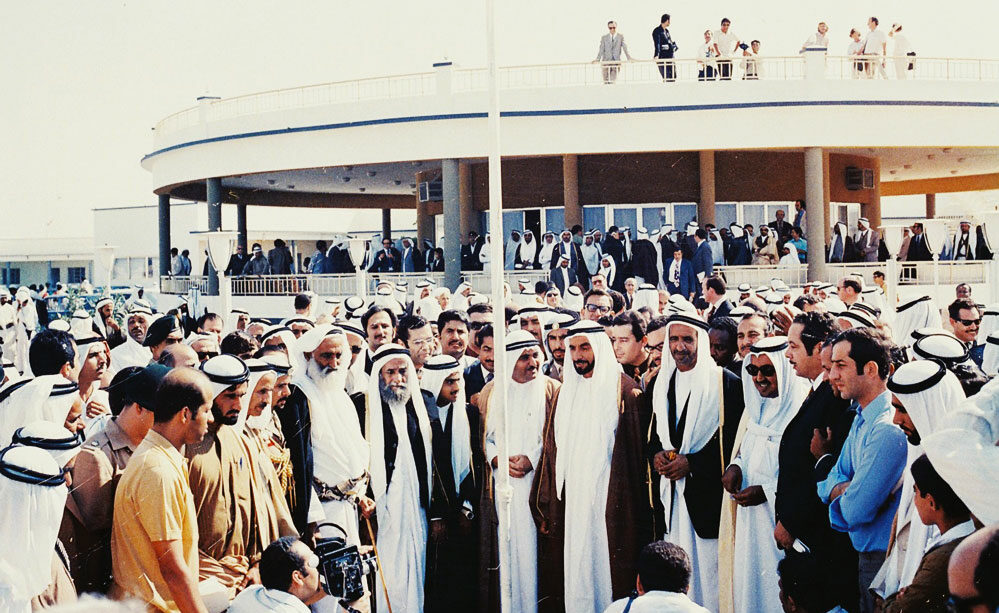A
s 2020 comes to a close, Mosaic is looking back at the work we published this year. Today, we focus on Israel and the Middle East. Tomorrow, we’ll look at the seminal writing Mosaic produced this year on Jews and Christians, and on the American Jewish Diaspora.
Israel itself
Let’s start in Israel, which appears to be headed back to the polls for its fourth election in two years. National elections are about much more than ideas, of course, but they can’t be comprehended fully without understanding the politicians’ competing visions of the common good. Early in the year, the Kohelet Policy Forum chairman Moshe Koppel looked at the rise Israeli conservatism, while the writer Shany Mor charted the slow decline of the Labor party.
The historian Arthur Herman took stock of how Israel is managing its recent natural-gas discoveries, explaining “How Israel Got Its Energy Groove Back.” The journalist Haviv Rettig Gur took us inside Israel’s Finance Ministry to explain how a cadre of elite civil servants wield extraordinary political power, while Matti Friedman explored how the million Russian immigrants who became Israeli three decades ago changed the country, and how, in turn, the country changed them.
Back in May, the scholar Neil Rogachevsky published a never-before-translated speech by Menachem Begin, “We Were All Born in Jerusalem,” which is an extraordinary statement of a Jewish leader’s love for his people and its history. These themes were brought out in a powerful commentary by Rabbi Meir Soloveichik.
The geopolitics of the Middle East
This year was perhaps the most consequential year for the geopolitics of the Middle East in decades. The Abraham Accords, which established normal diplomatic relations between Israel on the one hand and the United Arab Emirates and Bahrain on the other, was the first such diplomatic breakthrough in more than two decades. Mosaic’s symposium in the weeks following the initial announcement brought together the key insiders who put these historic deals together with penetrating observers from Israel, the Middle East, and the United States:
- Dore Gold, former Israeli ambassador to the United Nations, on the precursors to the deal
- Ed Husain, author of The House of Islam, on the free mind of the Emirates
- Ron Dermer, Israel’s ambassador to the United States, on his hopes for Israel and her Arab neighbors
- Richard Goldberg, former member of the U.S. National Security Council, on the American angle
- Amos Yadlin, former chief of Israeli Military Intelligence, on motivations and complications
- Hussein Aboubakr, Egyptian-born writer and educator, on the new ideology in the Middle East
- John Bolton, former U.S. national security advisor, on the enduring need for American leadership
- Jared Kushner, senior advisor to the president, on how he earned the trust of the region’s leaders
Well before Sudan, the next Arab nation to announce its breakthrough relationship with Israel, made its decision public, Mosaic published a prescient account of the regime’s internal deliberations. And we’ve offered a similar analysis of Saudi Arabia, with the former National Security Council official Richard Goldberg analyzing “What Saudi Arabia Is Thinking.”
The mindset of the region
As the Hudson Institute scholars Lewis Libby and Hillel Fradkin described it a few months ago, a new self-understanding is dawning in the Middle East. To flesh out their point, and to focus on the internal, cultural shifts taking place in the region, we published an inside look by Shay Khatiri at what it’s like to grow up in Iran, which can be contrasted with Hussein Aboubakr’s “The Tremors of Muslim Reform,” which looks not at Iran but at the Arab Muslim nations.
The US-Israel relationship turns a page
Ron Dermer, Israel’s ambassador to the United States, has represented the Jewish state in Washington for the better part of a decade. As he prepared to return home to Israel recently, he joined our podcast to look back over his tenure, and to explain how he sees the state of the relationship between Israel and America just now.
More about: 2020 Year in Review, Israel & Zionism







